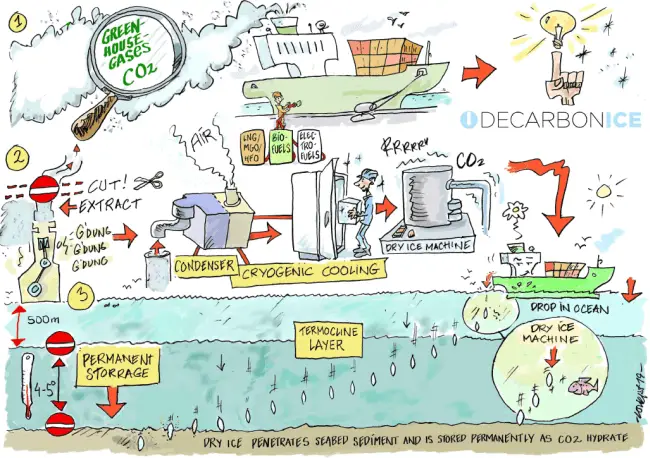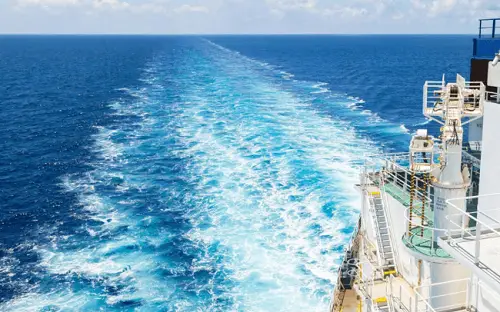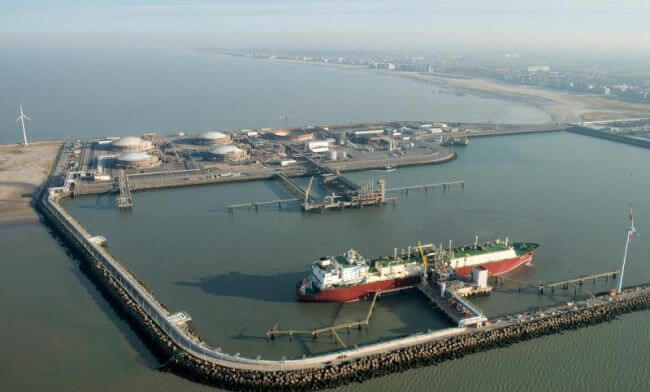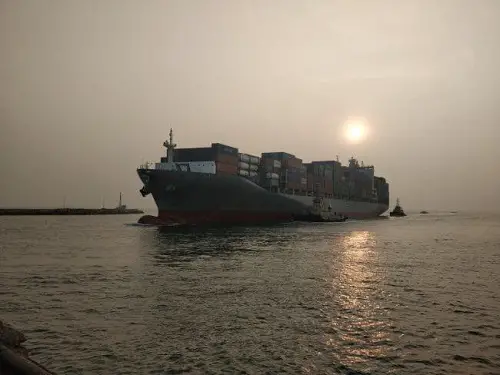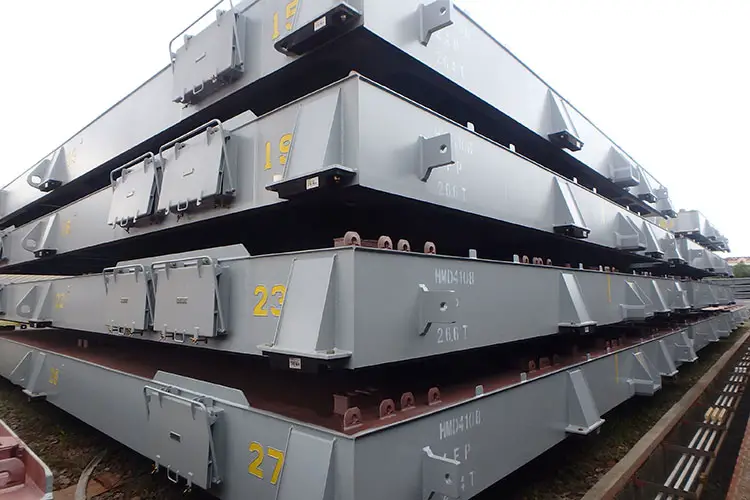ICS To Set Action On Further CO2 Reduction And Commits For IMO Global Sulphur Cap
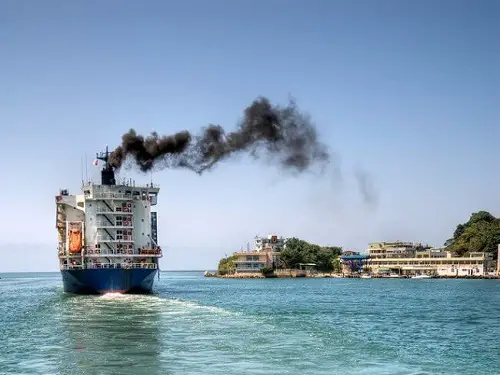
The meeting of Representatives of the world’s national shipowners’ associations was held last week in the Faroe Islands to review the priorities of the global shipowners’ association, the International Chamber of Shipping (ICS). Due to by the attacks against two oil tankers in the Gulf of Oman and the very serious threat this presents to the lives of seafarers and maritime trade concealed The ICS Annual General Meeting.
Action on CO2 Reduction
ICS agreed upon a connected set of actions to decarbonise international shipping in line with the United Nations 1.5 degree climate change goal in support of the UN International Maritime Organization (IMO) strategy.
Speaking from the Faroe Islands, ICS Chairman, Esben Poulsson said ‘It is imperative that IMO Member States adopt a new global regulation to mandate further short term CO2 reduction measures at the next session of the Marine Environment Protection Committee in 2020. This should deliver further CO2 reductions by 2023 to help us meet the IMO target set for 2030. We will work with a broad coalition of governments to produce a comprehensive proposal that can be submitted to IMO in September this year.’
Mr Poulsson continued ‘The core of this proposal will be the Super SEEMP concept, whereby shipping companies globally will have to demonstrate they are doing absolutely everything possible to reduce fuel consumption, strictly enforced via flag state audits of Ship Energy Efficiency Management Plans. But we also agreed to incorporate elements of the many other good proposals made by governments at the last round of IMO discussions on CO2 reduction in May.’
Also read: What Are The Causes And Effects Of Ocean Pollution?
Mr Poulsson added ‘By coming forward with an early proposal for immediate adoption we wish to support continuing IMO leadership on GHG emissions and quickly incentivise further action by shipping companies. We do not wish to limit proper consideration of other ideas such as speed reduction or the use of new CO2 reduction technologies.’
The ICS AGM also confirmed the vital importance of research and development of zero-carbon fuels and propulsion systems which will act as a major role in achieving the ambitious IMO target of cutting shipping’s total GHG emissions by 50% by 2050 which is not in regards with maritime trade growth, and continuation of work with other industry stakeholders to explore how R&D can best be rapidly accelerated.
2020 Global Sulphur Cap
ICS members reiterated their commitment towards the successful implementation of the IMO global sulphur cap from 1 January 2020. They also noted ICS’s plans which is to revise the comprehensive guidance to shipowners on ensuring compliance, considering recent IMO decisions. This is notwithstanding continuing uncertainty about the worldwide availability of safe and compliant low sulphur fuels, and the operational challenges associated with using new 0.5% max. sulphur blends.
Mr Poulsson said ‘Our meeting welcomed the decision of the IMO Maritime Safety Committee last week, at which ICS led shipowner representation, to adopt an MSC Resolution addressing safety and fuel quality issues associated with the sulphur cap.’
This MSC Resolution on “Recommended Interim Measures to Enhance the Safety of Ships Relating to the Use of Oil Fuel” means that the maritime administrations will encourage bunker suppliers to provide only low sulphur fuels that meet the latest ISO Standard, i.e. ISO 8217:2017 plus the ISO Publicly Available Specification (PAS 23263) which is currently still under development. Also, the Resolution should result in administrations taking action against fuel suppliers whenever failures to provide safe fuel take place, with instances to be reported to IMO.
The concern of ICS still remains, the concern is about to continue delays with the publication of the latest ISO Publicly Available Specification for low sulphur fuels, and related quality and safety issues where control depends on these standards being quickly finalized and distributed when it is known that the industry is only six months away from full global implementation.
Mr Poulsson added “It is vital that everyone concerned including governments, ISO, oil producers, and bunker suppliers redouble their efforts to ensure that safe and compatible fuels – including 0.5% blends for those ships that choose to use them – will be available in every port worldwide.”
Elections
In the meeting Lasse Kristoffersen (Norway) has been elected as a new ICS Vice Chairman, serving alongside John Adams (Bahamas), Emanuele Grimaldi (Italy) and Mark Martecchini (Liberia) in support of the ICS Chairman, Esben Poulsson (Singapore).The Shipowners of the Faroe Islands hosted the 2019 ICS AGM. The 2019 ICS Annual Review of developments affecting global shipping can be downloaded here.
Reference: ics-shipping.org

